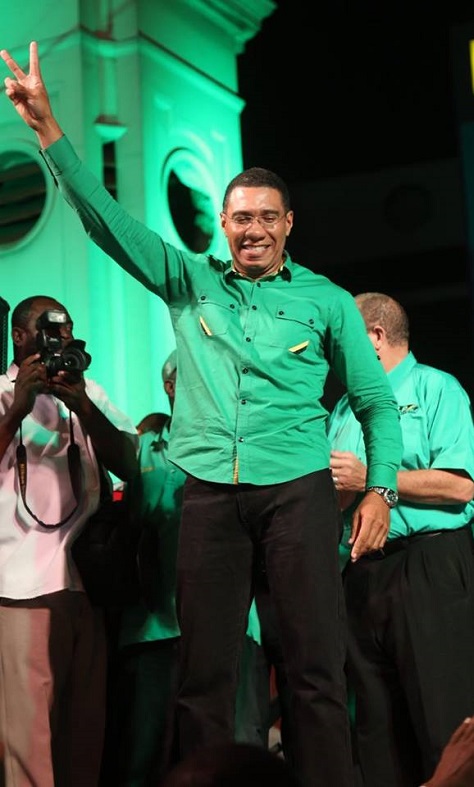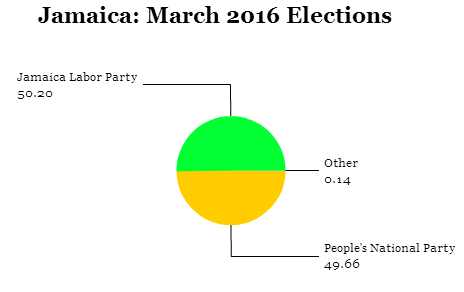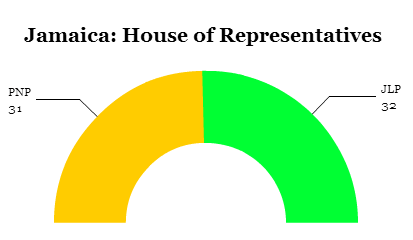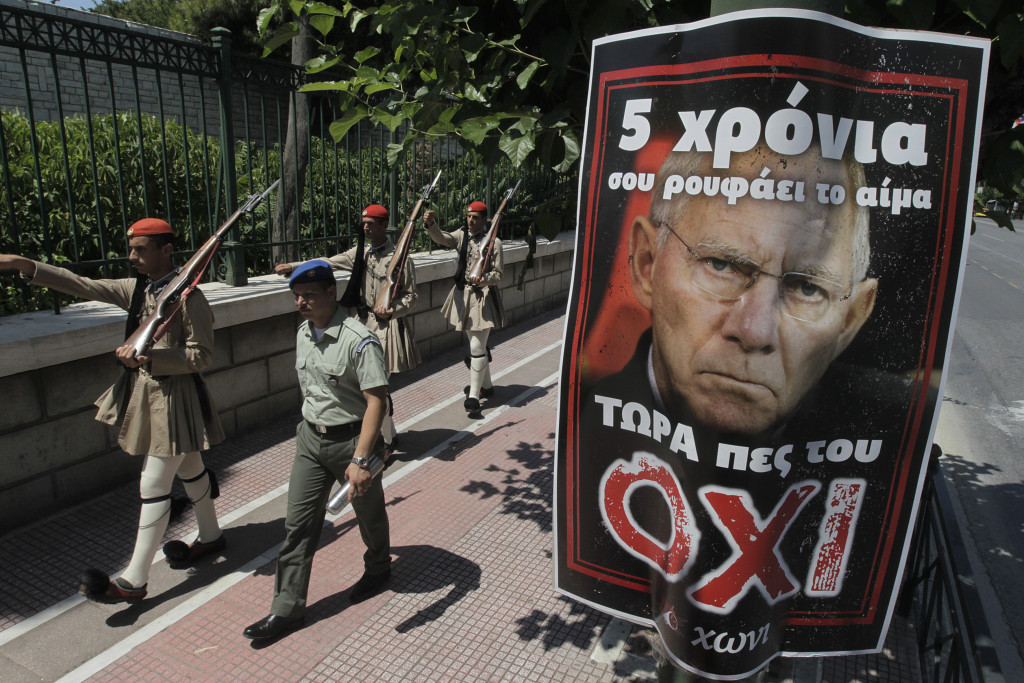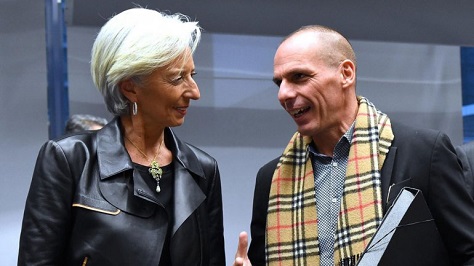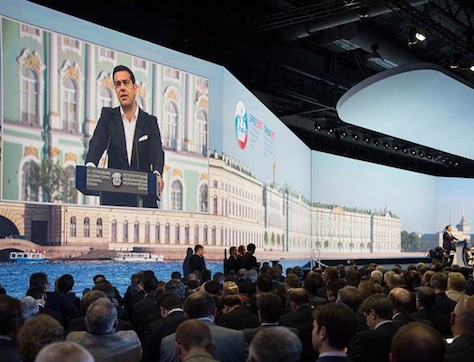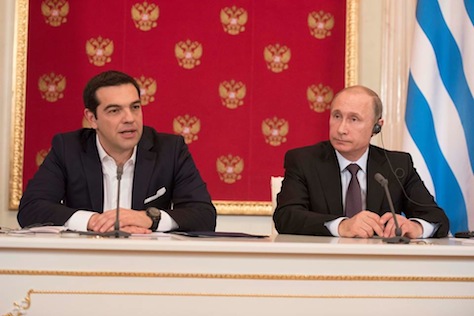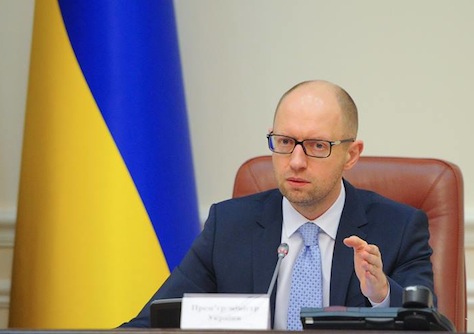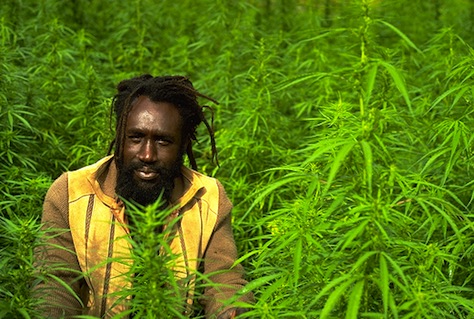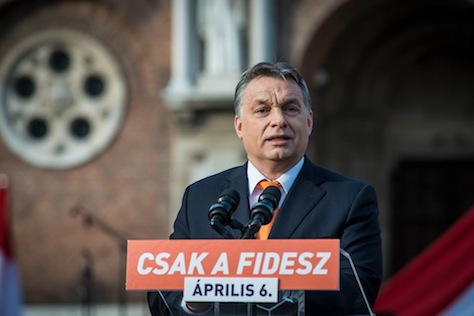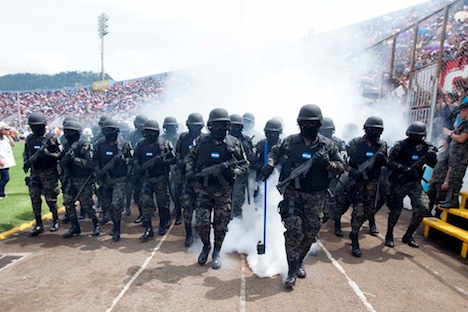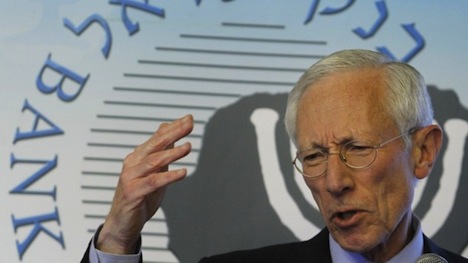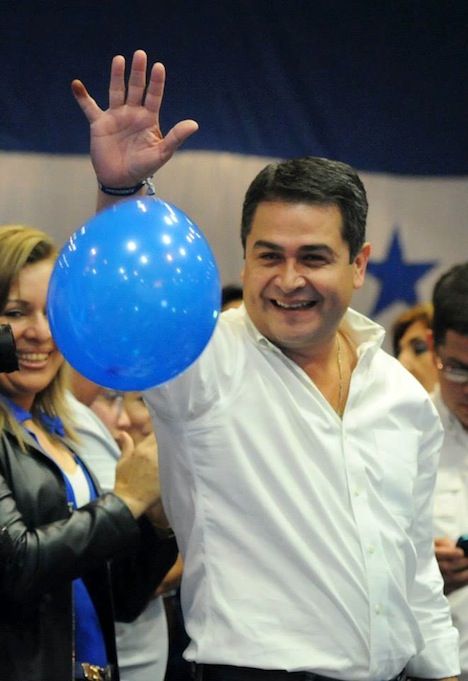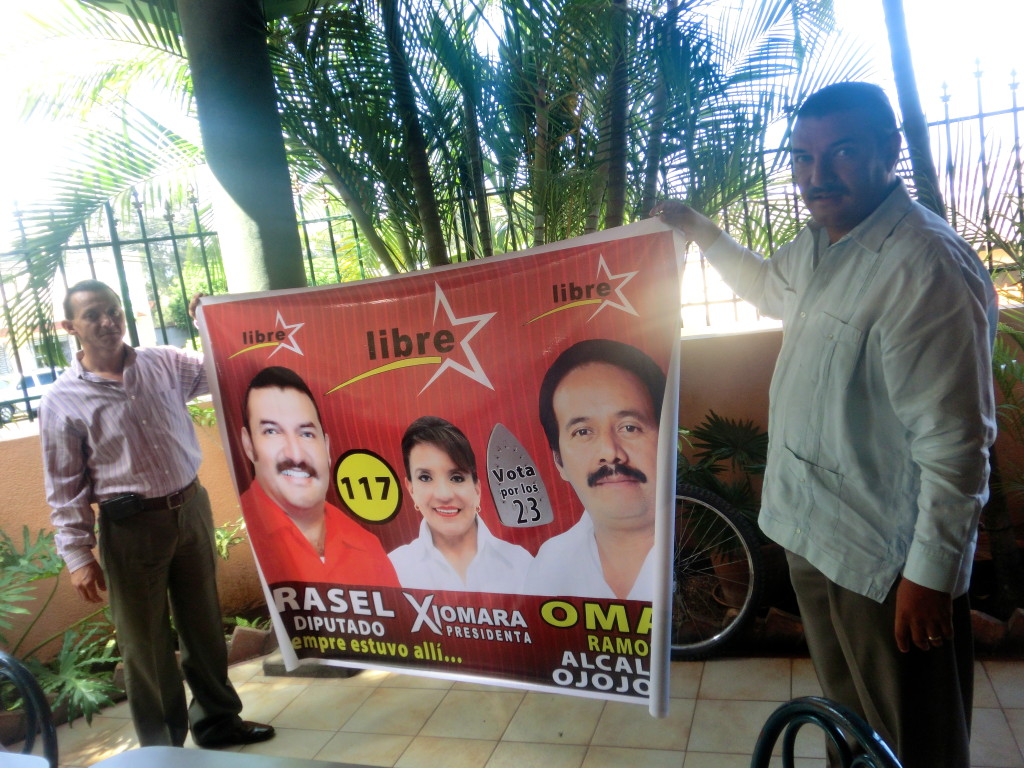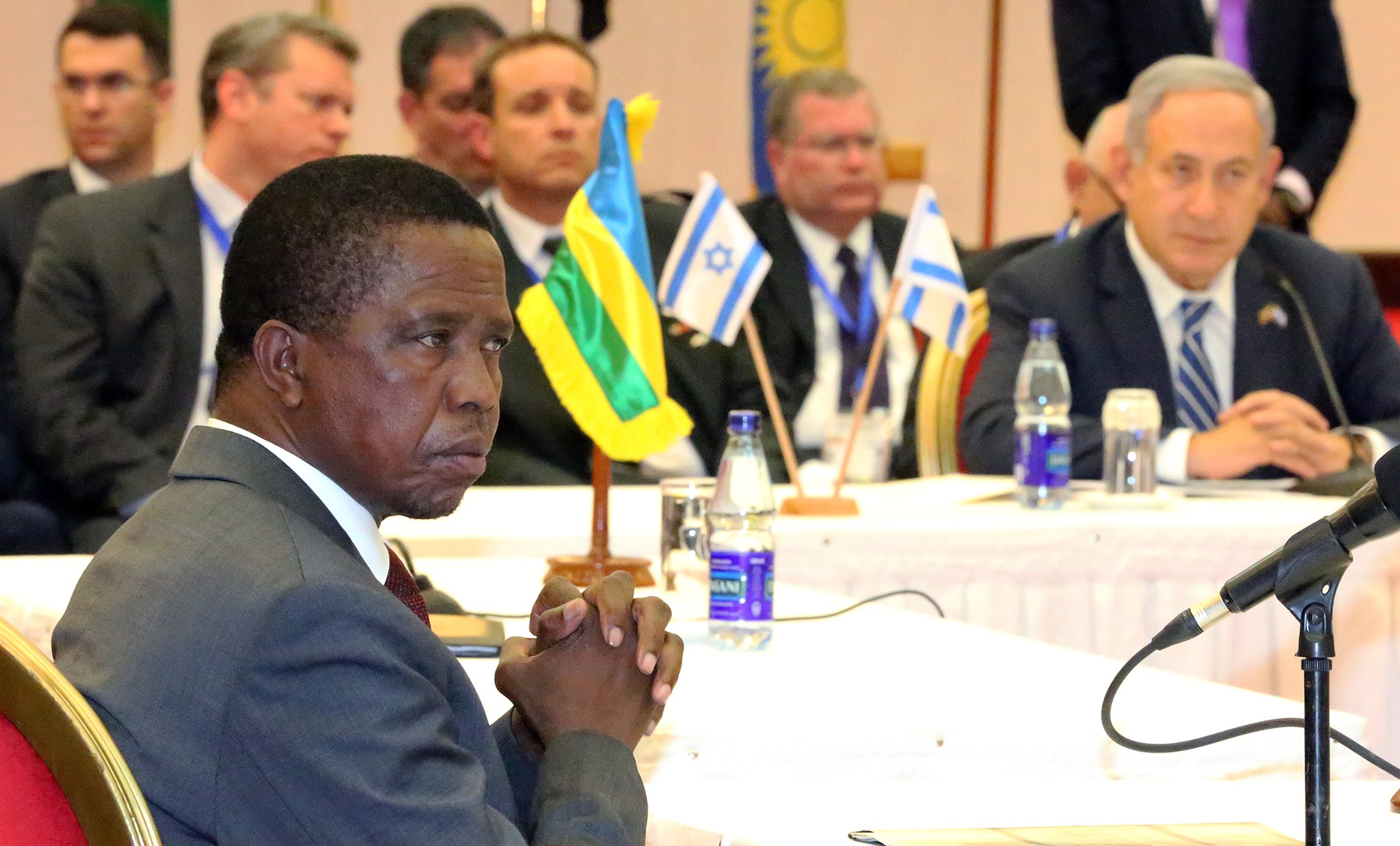
In a region rife with lopsided one-party democracies dominated by independence-era freedom movements (South Africa, Mozambique, and Namibia) and clear autocracies (Angola, Democratic Republic of the Congo and Zimbabwe), one country stands out for free and fair elections that aren’t also forgone conclusions.![]()
It’s Zambia, a country of 16.2 million people, which will hold its fifth presidential election in ten years on August 11, a rematch of last year’s election that takes place as the Zambian economy, the continent’s second-largest producer of copper, enters a troubled period as global commodity prices remain depressed. That’s meant fewer revenues for the Zambian government over the last two years, a wide increase in public debt and a gaping hole that’s led to power outages, deep rises in the price of food and other economic difficulties.
The winner of the Thursday election will almost certainly be forced to seek a bailout package from the International Monetary Fund this autumn, along with the kinds of conditional austerity that will cause real economic pain in the years ahead.
A re-run of the January 2015 by-election — with higher stakes
The 2016 election amounts to a rematch from the January 2015 by-election to replace the late Michael Sata, who died unexpectedly in October 2014. Sata’s governing party, the Patriotic Front (PF), ultimately chose Edgar Lungu (who is now just 59 years old), who had previously served as Sata’s justice minister and defence minister. Briefly, Sata’s vice president, Guy Scott, a white Zambian, held the title of acting president and, for a short time, considered running against Lungu for the presidency.
Instead, Lungu’s chief competitor became four-time presidential contender Hakainde Hichilema, a businessman and the candidate of the opposition United Party for National Development (UPND).
Lungu narrowly won — by a margin of less than 28,000 votes, on a populist campaign that rested largely on the record that Sata accumulated before he died. Hichilema campaign largely on a campaign that promised greater fiscal and technocratic competence in a period when copper prices were already falling. They are, to a large degree, running on the same rationales in 2016.
Lungu and the PF dominated in the north, center and east of the country, including the densely populated urban areas in the capital city of Lusaka and, to a lesser degree, Copperbelt province. Hichilema easily won the south, the west and the northwest.

This time around, the two candidates are locked into a rematch, but with much larger stakes — the 2016 winner will govern Zambia for five years, not just 18 months. That, perhaps, explains why the campaign has veered into a troubling amount of political violence this summer. The violence, which forced Zambia’s electoral commission to ban campaigning in Lusaka for 10 days in mid-July, has caused some hand-wringing among both local and foreign observers, who worry that the violence is a sign that the campaign could erode democracy in Zambia. It’s true that the Lungu government shut down the country’s largest independent media organization, the Post, earlier in the spring, eroding the concept of press freedom across the country.
Zambia’s democratic bona fides remain strong
Headlines in Western news outlets about Zambian democracy ‘hovering on the precipice,’ however, are certainly overblown. Democracy is more deeply institutionalized in Zambia than in the rest of sub-Saharan Africa, and it features one of a handful of just a few truly competitive political systems in southern and central Africa. Continue reading Hichilema hopes to win rematch in Zambia’s presidential race


